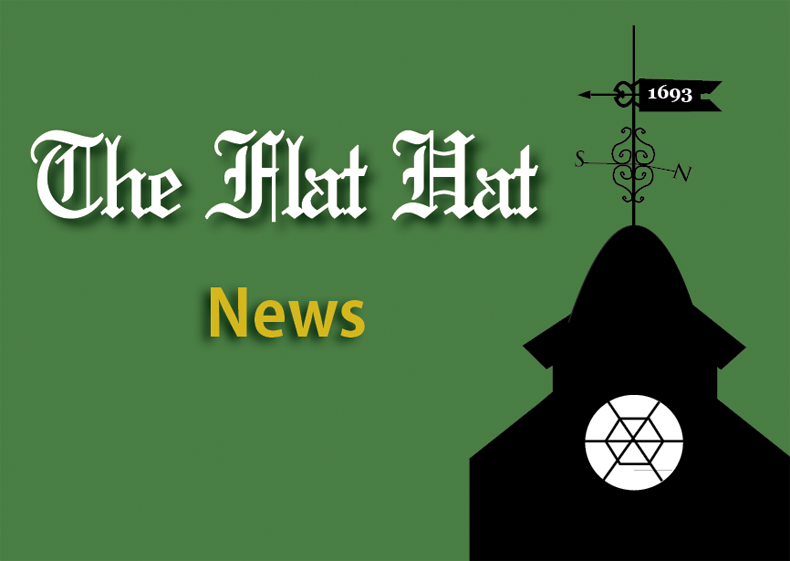What is currently a divisive issue on the national political, religious and social scene was a topic of open discussion between members of the LGBTQ community and religious leaders who gathered for a panel discussion in Morton Hall Thursday.
Panelists from different communities were united in their call for tolerance and acceptance of the LGBTQ community.
For one student member of the panel, it was not until he attended the College of William and Mary that he was able to find the acceptance for which he longed. Alex Cooper ’13 discussed his experience growing up in the South as a Christian who questioned the stance many religious communities take in simply ignoring issues of sexuality, rather than confronting the often explosive issue.
“Being raised in the church, it was not something anyone talked about. … Baptists still do not really talk about it,” Cooper said. “I found the community at [the College] has really strengthened my religious views, and having me connect with a faith tradition on campus was very important to me when I came here. … People here are very welcoming and accepting.”
Other student panelists compared Cooper’s experience with the experience of young Muslims who question Islamic views on non-heterosexual relationships, which are often even more staunchly defined than those of Southern churches.
“I would talk about it in my experience growing up while going to a mosque, but, honestly, it never came up because it was one of those things that Islam was so blatantly against,” Mohamed Aboulatta ’13 said. “I am nothing but supportive for people doing what they want to do.”
Representatives from an Episcopal Church, Temple Beth El synagogue, a United Methodist Church, a Unitarian Universalist Church, the Baptist Student Association and the Muslim Students Association reinforced their personal, if not professional, support of all persons of faith regardless of their sexual orientation or gender interpretation.
“I bet that if you were looking for a common thread among us all here, it is that everyone of us wants everyone we work with to grow spiritually into who they are and that all [sexuality] distinctions disappear under that general rule,” Episcopal Chaplain to the Faculty, Staff and Students of the College of William and Mary John Maxwell Kerr said. “I think what matters is who you are, where you are going, and that no one should stomp on you.”
Many of the panelists emphasized their belief love on which their religions were founded have led them to conclude that any hostile tone toward LGBTQ people falls outside the moral guidelines of their faiths.
“I think one of the basic tenants of Methodism that I appreciate so much is that when it comes to a community, we practice what is called an ‘open table’ — that anytime we have communion … everyone is welcome at the table to come and experience God’s grace in this way,” United Methodist campus minister at the Wesley Foundation Max Blalock said. “We believe that God’s grace works and moves through all of us. The more we come together as a community to genuinely listen to one another and learn from one another, to love and support another, the more we are able to embody that grace.”
Panelists also discussed the importance of recognizing that both the spiritual journey and the process of recognizing one’s sexuality are often complicated processes of self-realization.
“It is about the journey toward being who someone authentically is, and one of the few things we may be able to say about the spiritual life across tradition is that there is some element of this notion of bringing your whole self,” Williamsburg Unitarian Universalist Director for Lifespan Faith Development Margaret Sequeira said. “For many of us, the coming out experience is an experience of deeply coming into oneself in a new way.”
Panelists from the city of Williamsburg’s Jewish community also repeatedly emphasized the welcoming stance Jewish synagogues show towards LGBTQ issues.
“Here is a large degree to which [common acceptance] is the same thing — you are more often likely to find acceptance in larger cities than you are in smaller places,” Rabbi to Temple Beth El and the College’s Balfour Hillel group David Katz said. “Israel is a very LBGT friendly country.”

